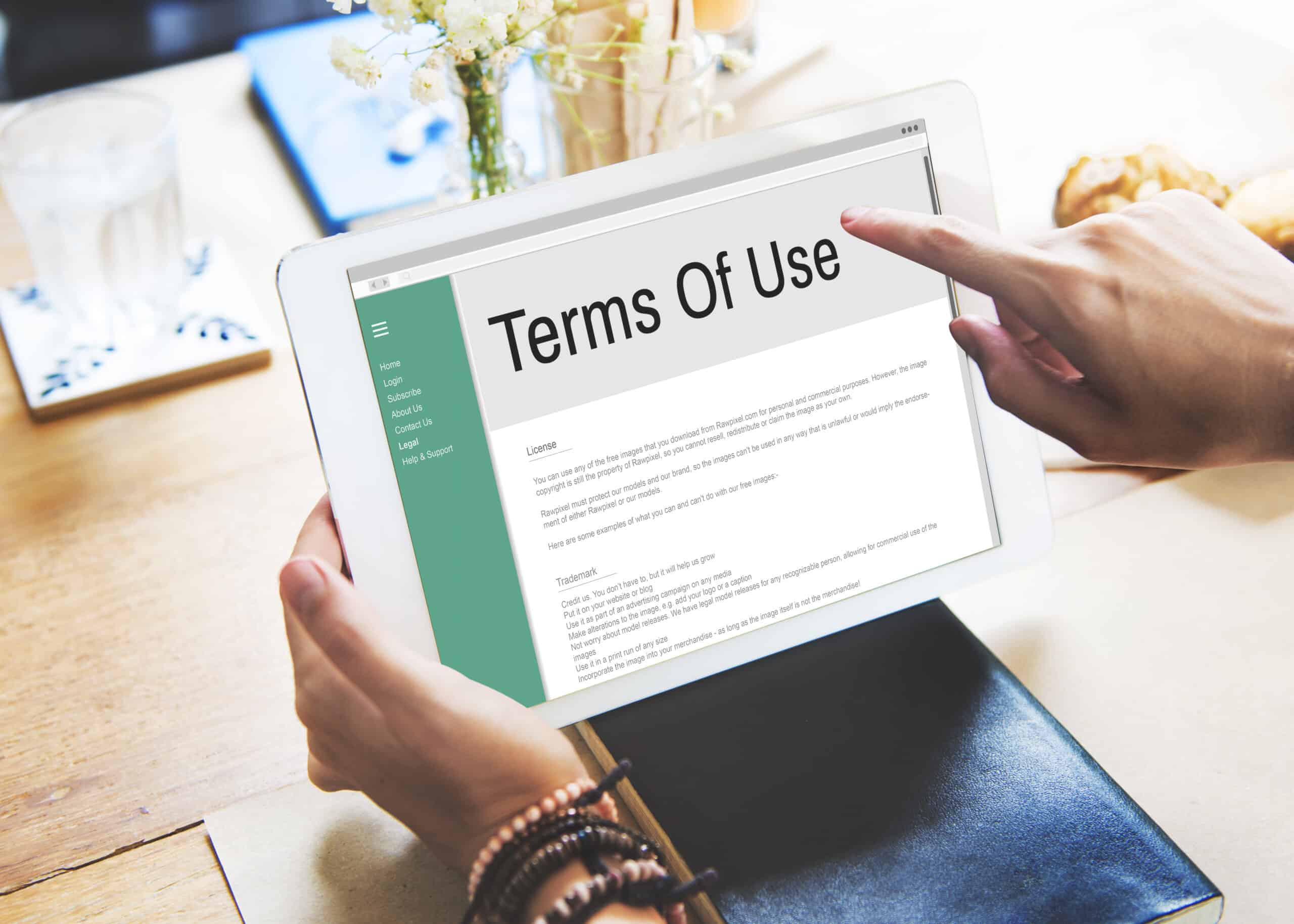Does your small business really need to use contracts? Can’t you just rely on a verbal agreement and a handshake? Well … of course you can. And people have been doing it for literally thousands of years! But in today’s society, this is a huge mistake! Lack of a solid contract for the business you conduct can leave you exposed to legal risks that are easily avoidable. Using a solid contract, on the other hand, sets clear expectations between the parties and provides the opportunity to include legal protections that you don’t get with a verbal or handshake agreement.
A Real Life Example
Let me tell you about my client Amy. She founded an executive level business coaching company. Then she entered into a collaboration with another coach, Linda, on the development of a group coaching program. Amy assumed that Linda’s contribution was a work made for hire (meaning she was paying Linda for the work and she would own the intellectual property.) Meanwhile, Linda assumed that the collaboration was a partnership with each of them receiving half of the profits. Excited to work together, neither thought about documenting the relationship in a collaboration agreement in order to set expectations about their roles, their share in profits, or how they would handle disagreements.
Amy had already developed the concept and most of the curriculum. Linda added value in coining a clever title for the program and enhancing the curriculum. Unfortunately, as sometimes happens in a collaboration, a dispute arose as to the value each brought to the table and the share of profits to which each was entitled. Not surprisingly, their expectations could not have been further apart! Amy wanted to part ways amicably, but Linda claimed intellectual property rights to portions of the curriculum, including the name of the program. In order to settle the matter, Amy was forced to rebrand her entire program at significant cost. She also suffered the loss of goodwill over the disagreement with Linda. All of which could have been easily avoided with a contract up front.
Contracts Should Be In Writing
Although legal contracts can be verbal or written, in my humble opinion, contracts should always be WRITTEN. Every. Single. Time. Because verbal contracts are simply too difficult to prove in court. A verbal contract gives rise to the classic “he said—she said” argument and unless you have some very strong witnesses who were there at the time the agreement was reached, you’re basically left high and dry. So, get agreements in writing.
Your Contract Should Include:
WHO. Who are the parties to the contract? Include full legal names of the individuals or entities that are responsible under the terms of the contract.
WHAT. The terms of the agreement you have reached. What is each party giving or receiving under this agreement? Typically one party is providing a product or service, the other party is paying cash. Be specific!
WHEN. What is the timeline for performance? When is payment due? Is there a payment plan?
WHERE. Must the service be conducted in a specific place? Where will the products be delivered?
HOW. Are there specific requirements as to how the products are made (ingredients that may or may not be used) or the services are delivered (building codes, laws, regulations)?
Contracts Manage Expectations
A contract is an excellent way to manage expectations. With all the terms of the agreement set out in writing, and an opportunity for each party to weigh in and clarify, everyone knows what is expected to happen and when, who is responsible, and what happens if something goes awry. First, it’s a way to allocate risk between the parties. Second, it’s a way to define dispute resolution procedures. Third, it’s a way to iron out all the kinks in a deal up front. Your contract tells the story of how the relationship will play out at a time when the relationship is still in the shiny new stage and everyone is excited and agreeable. Obviously, nobody wants to think about the relationship going bad, but while everyone is getting along is the best time to discuss this!
Your Clients Expect a Contract
Many small business owners hesitate to use contracts for fear of “scaring off” potential clients. But, you might be surprised to learn that using a contract lends more credibility to you as a business owner! I have had several of my own clients tell me that after introducing contracts into their business, their clients made comments like “wow, you are really a legitimate business.” It’s really simple. You are a business owner. Business owners use written contracts. Your clients expect a contract. They are happy to know that you take your business seriously. Your clients appreciate knowing that their interests are being protected as well. So don’t ever hesitate to use a written contract!
Stay tuned for a future blog post where we’ll discuss the types of contracts most commonly used by small business service providers.
If you are a small business owner in Pennsylvania or Maryland and would like to discuss your contractual needs or concerns, check out our Business Counsel Membership.













